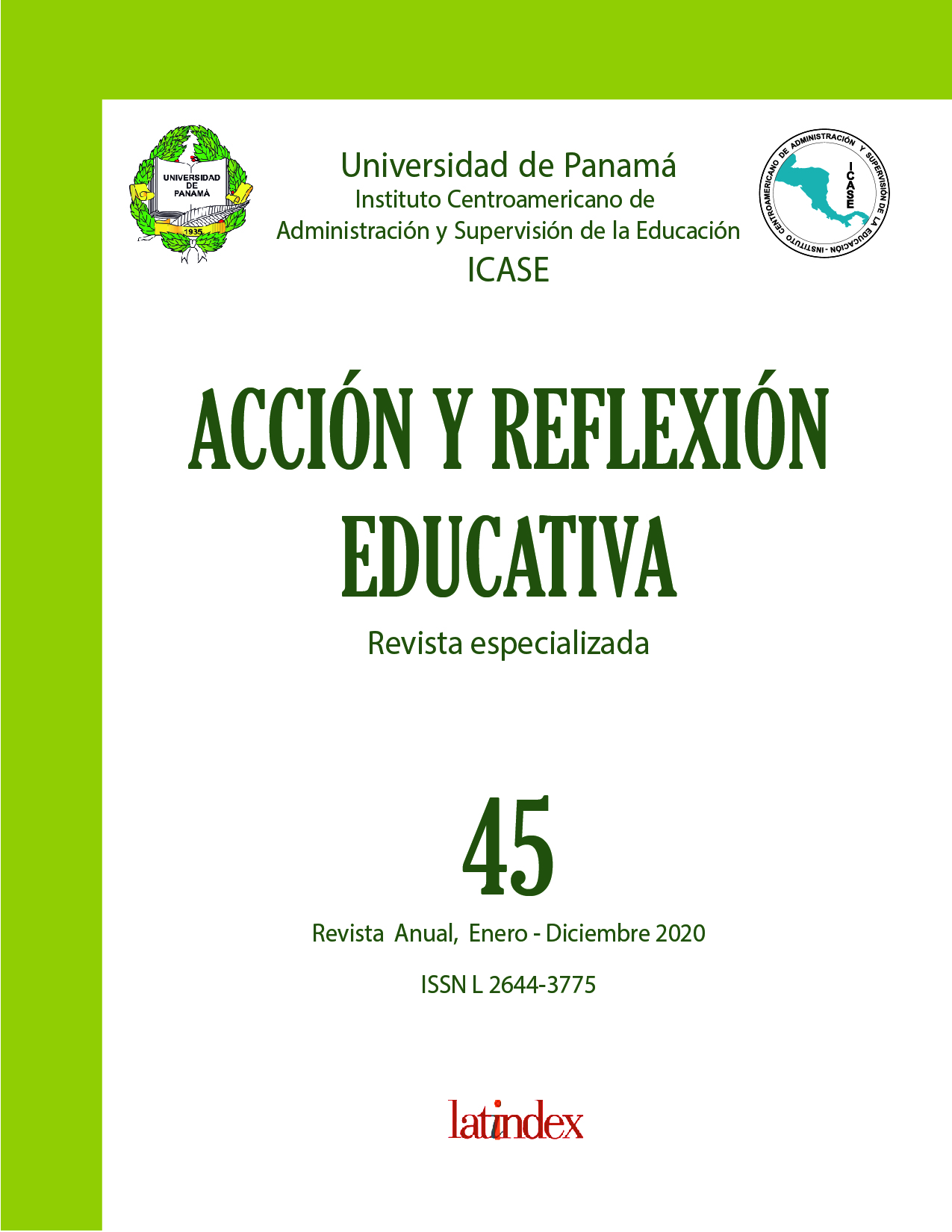

In various scenarios, there have been presented proposals to promote the real and effective participation of social actors in decision making, design and implementation of policies, plans, programs and projects. In the case of education, it is proposed the need to decentralize and empower parents, teachers and managers, so they could contribute with ideas to solve the diversity of problems that afflict them.
This article presents the findings of a research aiming at knowing and analyzing the participation levels of the School Educational Community, and its contribution to the design and execution of the Improvement Plan in three schools: Ciudad Jardin Las Mañanitas CEBG (General Basic School Center), Reino de los Paises Bajos CEBG and Cirilo J. Martinez CEBG, Panama Metropolitan School Region, Province of Panama.
Surveys and interviews were used as data collection instruments, which allowed to collect information from three indicators: Participation level of socio-educational actors within the educational organization, effectiveness level of communication, and factors that facilitate or hinder the participation of actors involved. The results obtained prove the high levels of participation, and the incidence of communication in planning, in addition to figuring out some associated factors that can facilitate the participation of actors.